In the News

Video
July 15, 2025
The Cornell College of Veterinary Medicine hosted its second annual Symposium on Artificial Intelligence in Veterinary Medicine with a keynote by Dr. Alex Dehgan of Conservation X Labs, highlighting how AI can drive accessible, global conservation solutions.
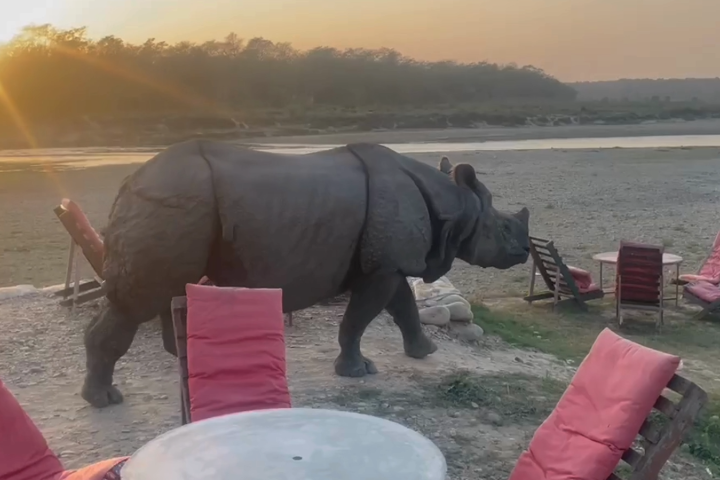
Video
July 09, 2025
While in Chitwan, Nepal, Drs. Carmen Smith and Martin Gilbert captured footage of a free-roaming greater one-horned rhino passing through the bar.

June 30, 2025
Warmer winters and shifting climates are helping ticks thrive in new places. From Lyme disease to meat allergies, learn how these tiny invaders are changing the map and what you can do to protect yourself.
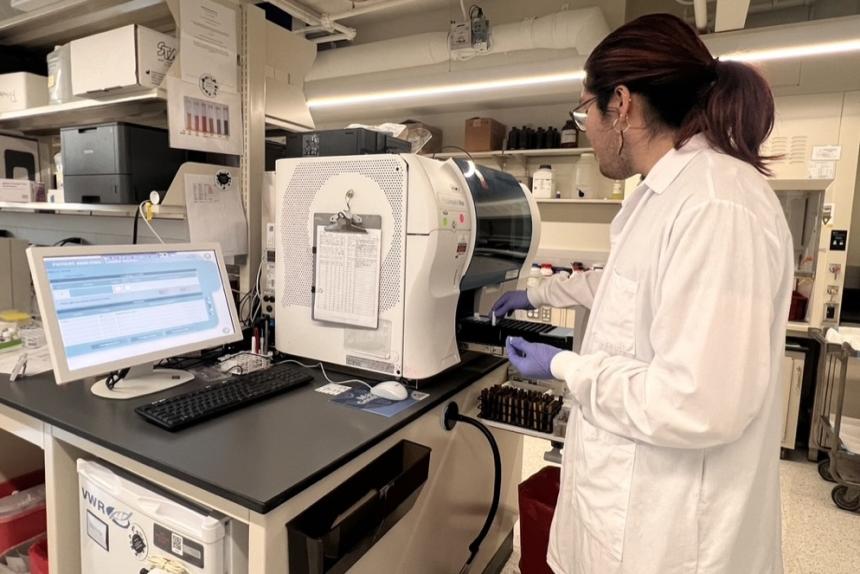
June 18, 2025
As a veterinary student interested in specializing in zoological medicine, I had the privilege of conducting research focused on investigating the effects of hetastarch on coagulation in Asian elephants...

June 17, 2025
Cornell researcher Dr. Laura Goodman’s groundbreaking prototype for early detection of tick-borne disease could transform diagnostics, but a sudden funding freeze has put the research on hold.
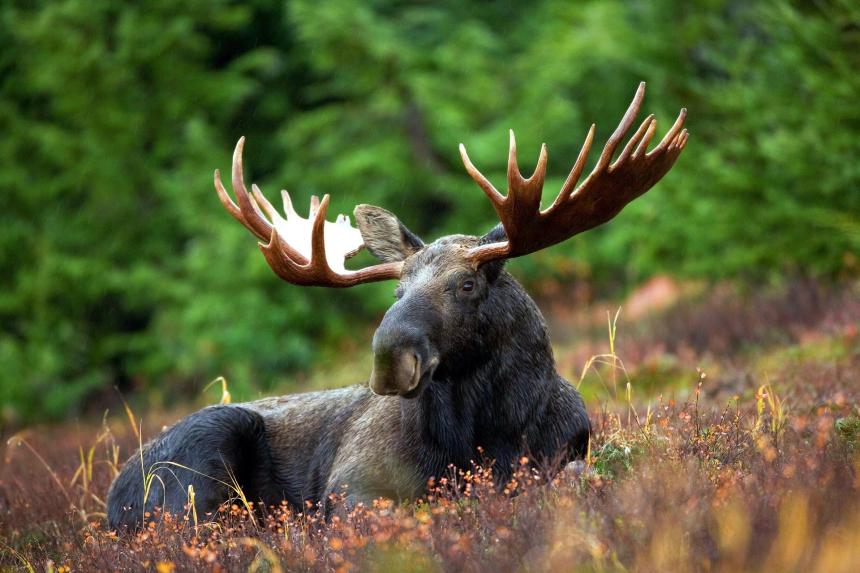
Announcement
June 11, 2025
We are pleased to announce that our 2025-2026 call for Cornell K. Lisa Yang Postdoctoral Fellowships in Wildlife Health is now out! Applications due October 6, 2025.
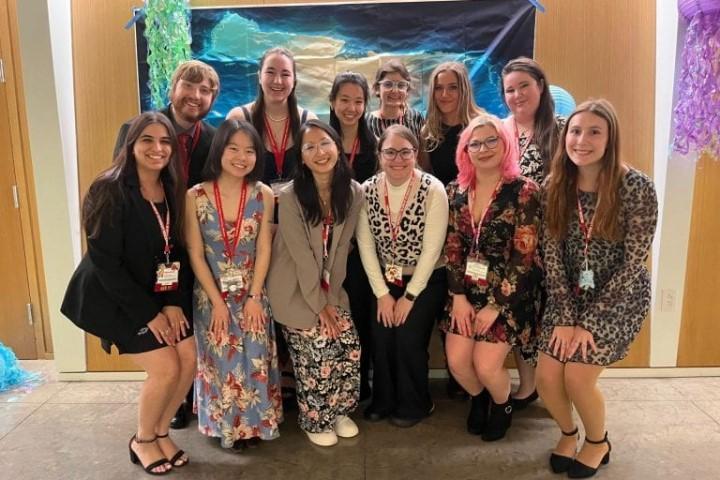
June 04, 2025
The Special Species Symposium, hosted by the Cornell Zoo and Wildlife Society, united passionate individuals to dive into the world of zoo, wildlife, exotic, and conservation medicine.
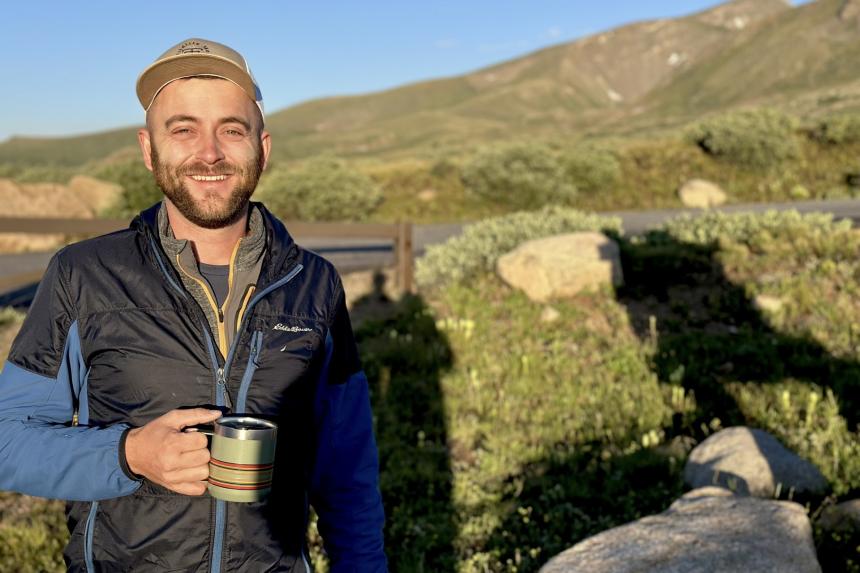
News
May 28, 2025
J. Hunter Reed, MPH, DVM ‘20, entered veterinary school at Cornell University with the goal of becoming a veterinarian for dairy cows. While he focused his clinical training in production animal medicine, his experiences led to a strong interest in population health on a larger scale....

April 30, 2025
On February 11-12, 2025, Dr. Pete Coppolillo, Executive Director of Working Dogs for Conservation (WD4C), was welcomed to Cornell University as a special guest speaker to discuss how dogs are helping to further conservation efforts.
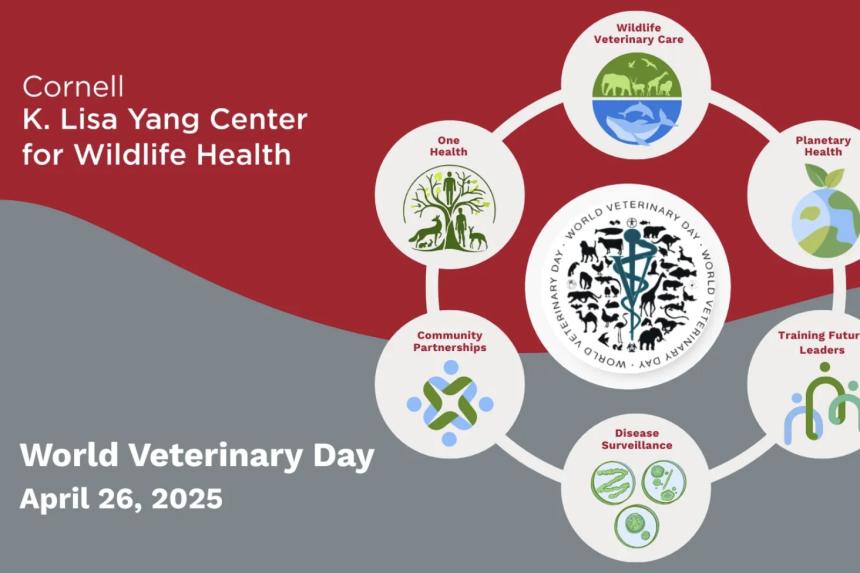
April 26, 2025
On World Veterinary Day this year, we are celebrating Cornell's wildlife and ecosystem health teams and their tireless efforts to build a healthier future for wildlife, people, and planet.
